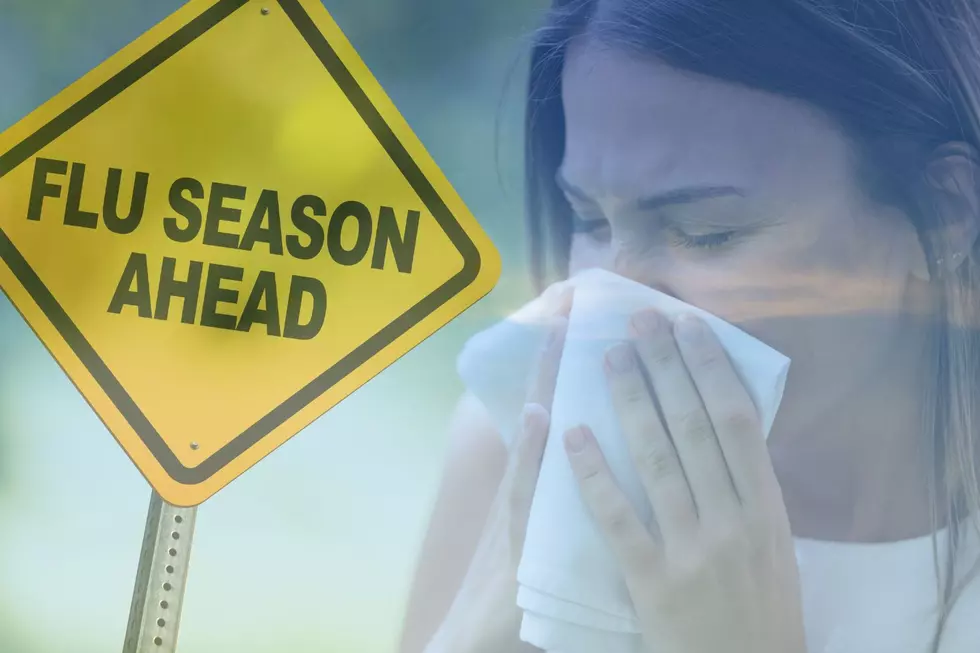
Here’s Why Wyoming Feels Sick After The Solar Eclipse
If you've been experiencing headaches, nausea or both (and you're neither hungover over or pregnant), these could be side effects of the the solar eclipse.
According to the website Bustle, the reason behind these sick feelings are easily explained:
While the solar eclipse chasers among us were justifiably far more concerned with protecting our eyes to consider than anything else might be affected by watching the solar eclipse, it turns out there can be some other, sneakier side effects to staring at the sun. Even with the protection of solar viewing glasses, you're exposing yourself to the sun's rays in a manner much more aggressive and deliberate than you normally would. That kind of light exposure on its own can trigger migraines; this situation is even more dramatic, though, because odds are you left your relatively dim office before staring at the brightness of the eclipse, and returned immediately after. A rapid transition from light to dark in that manner is called "flickering," and can trigger headaches that, in turn, trigger nausea.
Flickering (also known as Flicker Vertigo) is actually not as uncommon as most would think. There are several different activities that can cause the side effects. The best way to ease the nausea feeling is to stay hydrated. Furthermore, it's generally a good idea to spend time in dark areas and avoid looking at computer screens.
Of course there has been a recent rise in Google searches for things like "eclipse headache" and "my eyes hurt after the eclipse", which has given birth to a new term: "eclipse hypochondria". Although doctors say it can take up to 24 hours to tell if you have some form of serious retinal damage, it's always better to err on the side of caution.
WATCH: Casper Revels in the Majesty of the Total Solar Eclipse
More From Laramie Live









